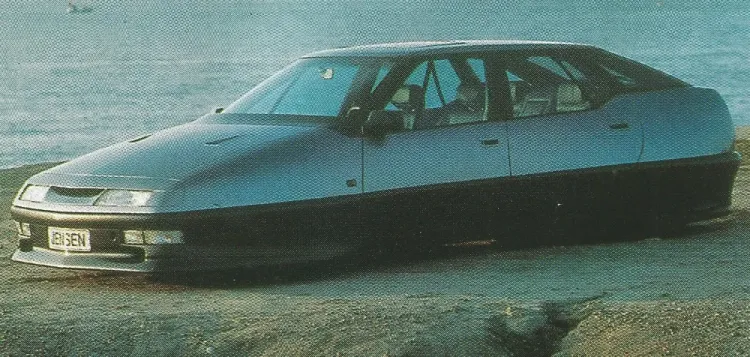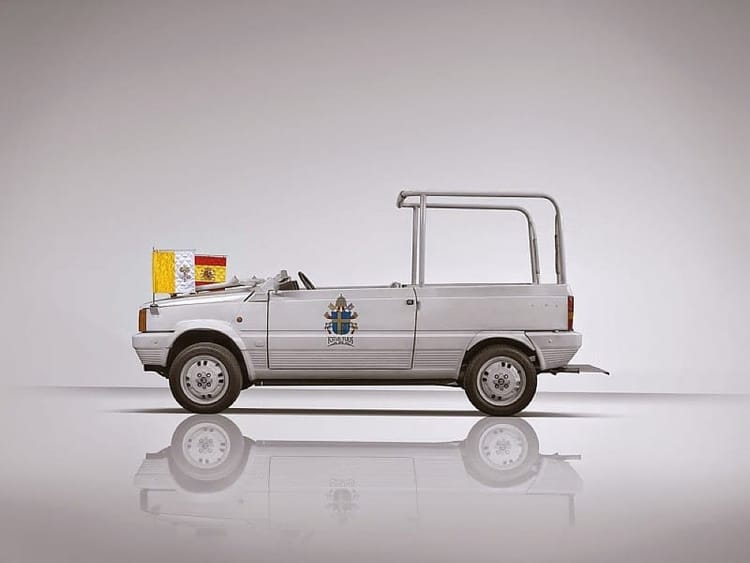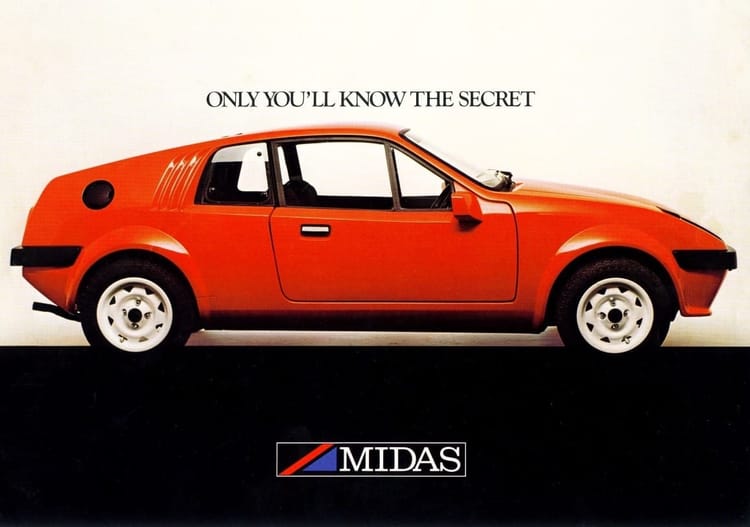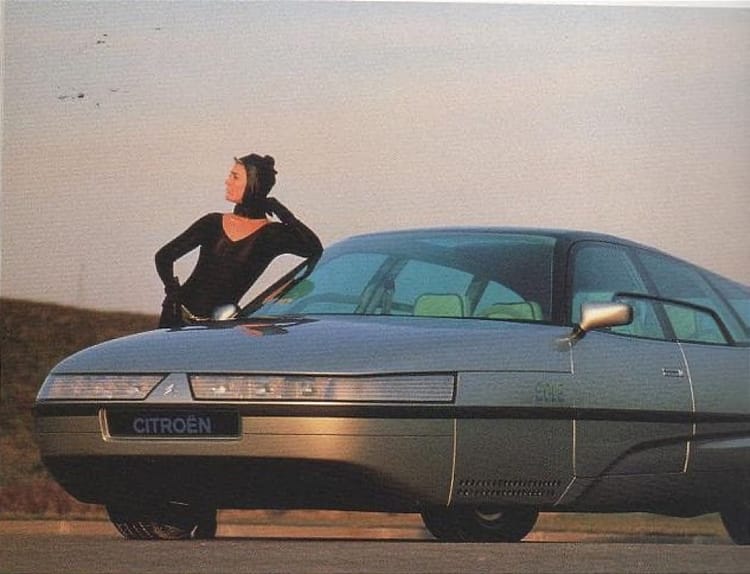Anadol STC-16
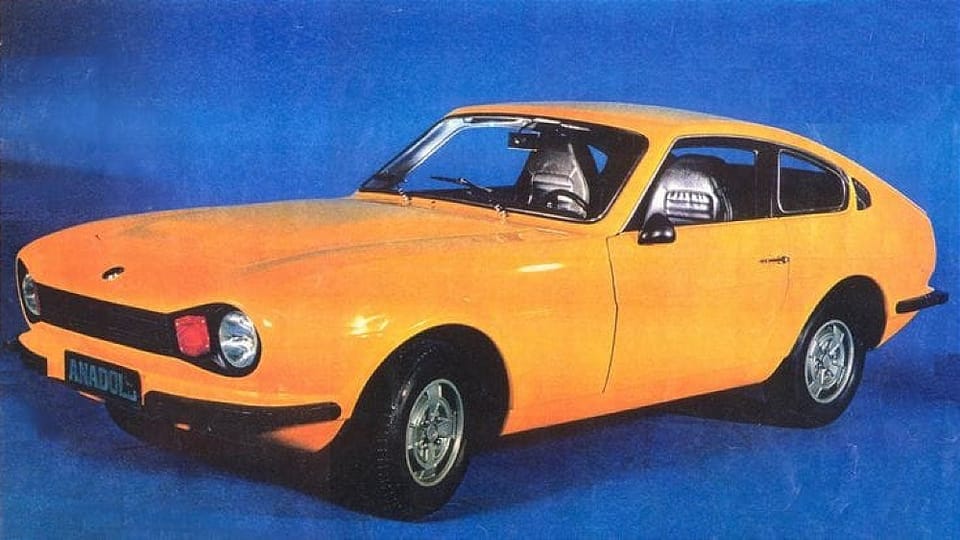
Turkey isn't the first place you'd look for an under-appreciated sports coupe.
After all, with a history of literally no automotive mass production before 1966, just finding the expertise, parts, and facilities in Turkey to cobble something together would have been a massive undertaking at that time.
Some blame the eventual failure of Turkish car brands like Anadol on imports: hungry for vehicles but with no local manufacturing, drivers have overwhelmingly chosen American and European imports.
For a time, a local company called Anadol tried to compete. As one of the first Turkish-made cars, did the STC-16 show the world a better way of making a sports model?
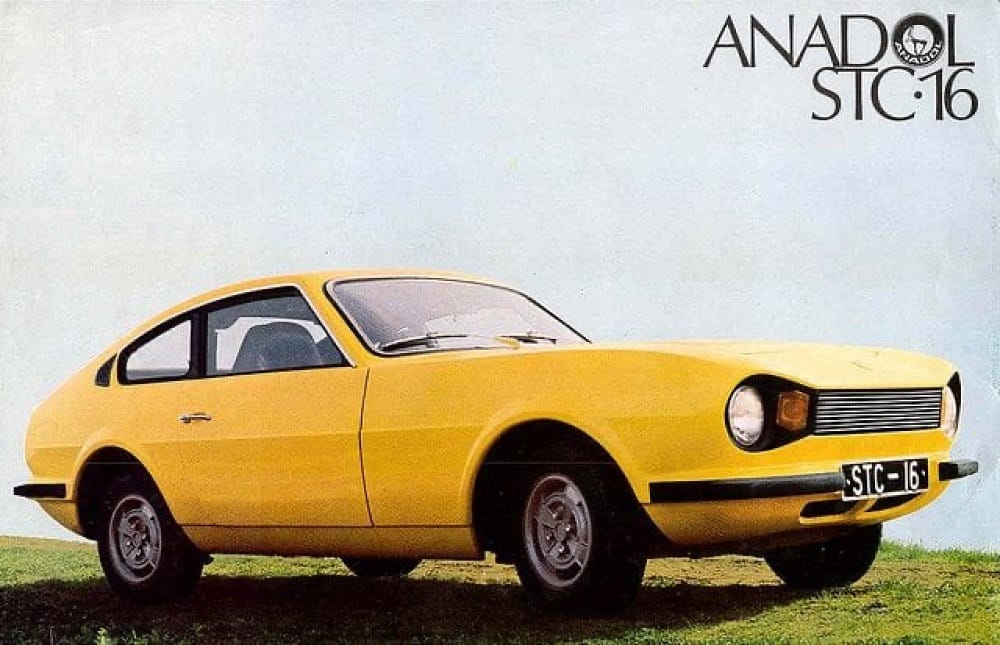
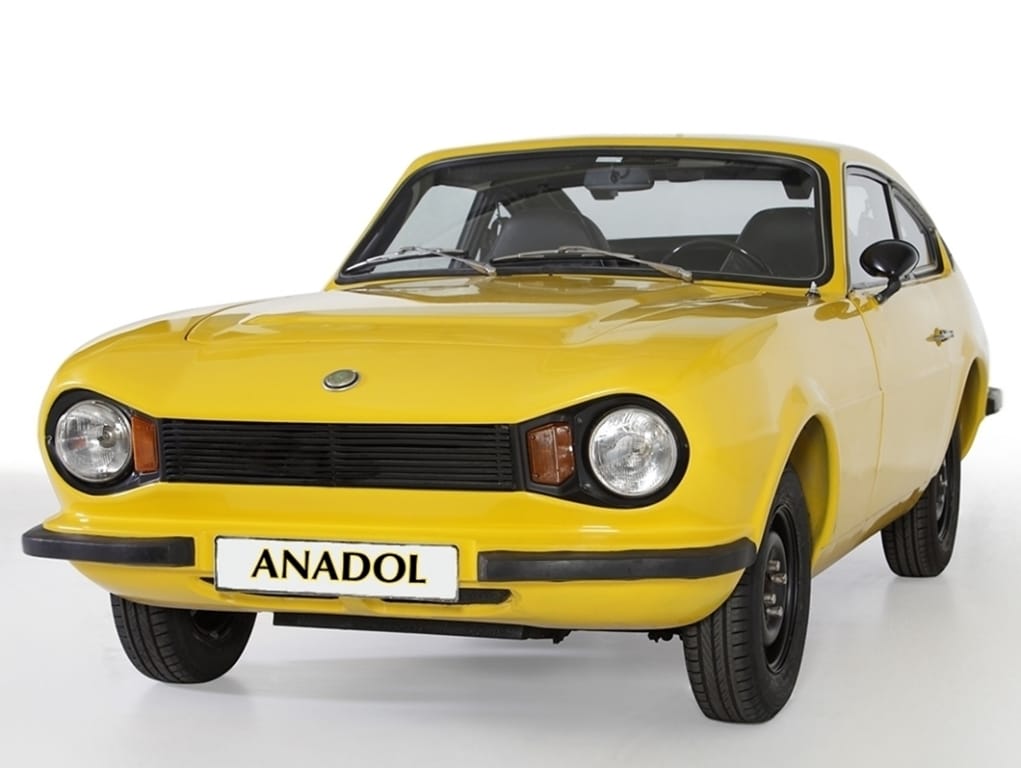
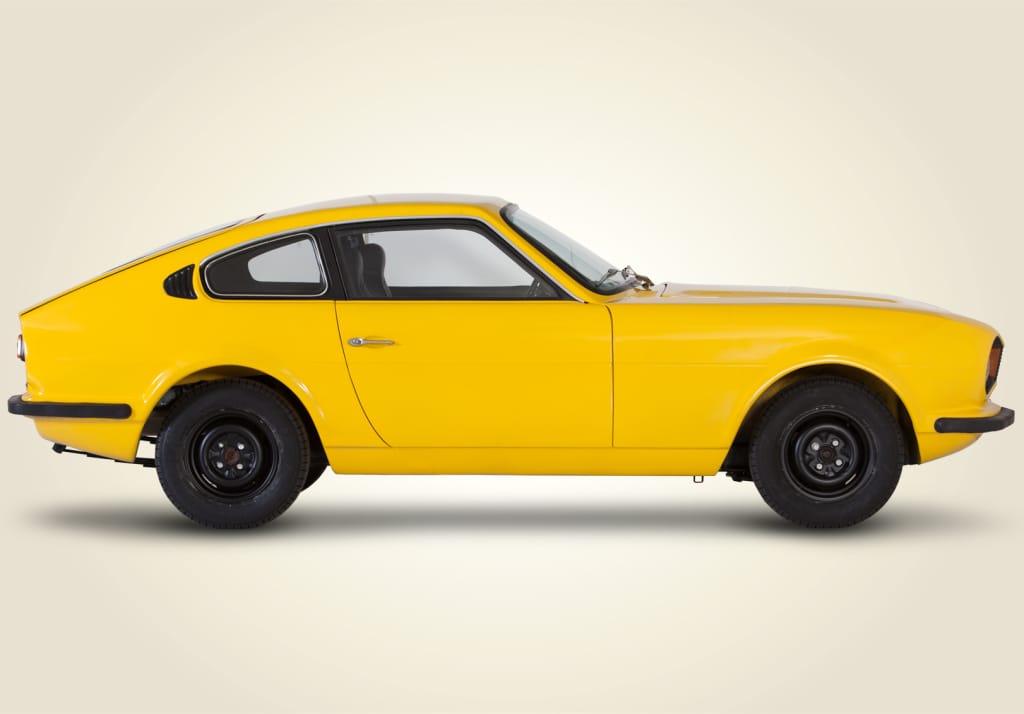
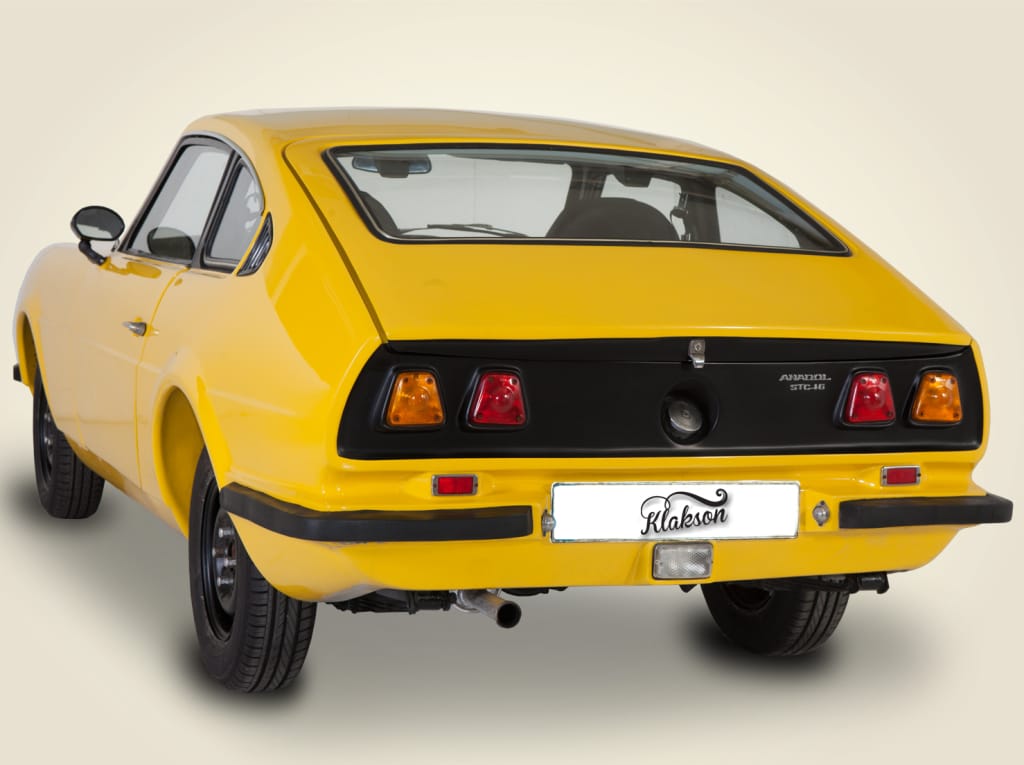
Anadol STC-16 Coupé studio photos • via Klakson
Based on the Anadol A1/A2 sedan chassis, the STC-16’s wheelbase was shortened and a suspension not unlike what you'd find in most of the sports cars of the period was installed: independent suspension up front, with a live rear axle out back.
Ford provided a 1,600cc four-cylinder engine with about 67 horsepower; it was hooked up to a Ford four-speed manual transmission. With a little more than 900 kg to haul around, its overall performance was decent.
The car entered production in April 1973, probably the worst possible time to introduce a sports car. With the Arab Oil Embargo in full swing, the cost of producing the car's fiberglass bodies shot up.


